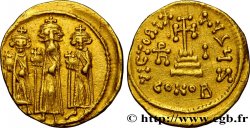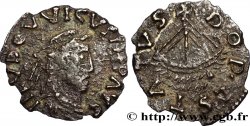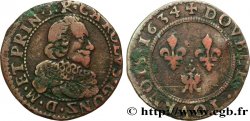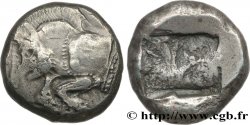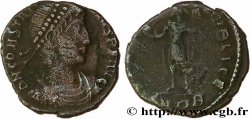Live auction - bgr_431886 - PARTHIA - PARTHIAN KINGDOM - MITHRIDATES I Drachme
You must signin and be an approved bidder to bid, LOGIN TO BID. Accounts are subject to approval and the approval process takes place within 48 hours. Do not wait until the day a sale closes to register. Clicking on "BID" constitutes acceptance of the terms of use of cgb.fr private live auctions.
Bids must be placed in whole Euro amounts only. The sale will start closing at the time stated on the item description; any bids received at the site after the closing time will not be executed. Transmission times may vary and bids could be rejected if you wait until the last second. For further information check the Live auction FAQ
All winning bids are subject to a 18% buyer’s fee.
All winning bids are subject to a 18% buyer’s fee.
| Estimate : | 750 € |
| Price : | 420 € |
| Maximum bid : | 440 € |
| End of the sale : | 13 June 2017 14:25:19 |
| bidders : | 1 bidder |
Type : Drachme
Date: c. 171-138 AC.
Mint name / Town : Hécatompylos
Metal : silver
Diameter : 21 mm
Orientation dies : 12 h.
Weight : 3,71 g.
Rarity : R2
Coments on the condition:
Exemplaire sur un flan très large et irrégulier bien centré des deux côtés. Beau portrait inhabituel. Joli revers de style fin. Très jolie patine de médaillier gris foncé avec des reflets dorés
Catalogue references :
Obverse
Obverse legend : ANÉPIGRAPHE.
Obverse description : Buste diadémé de Mithridates Ier à gauche, imberbe, coiffé du bashlik.
Reverse
Reverse description : Le roi à droite est assis sur l’omphalos, tenant un arc de sa main droite.
Reverse legend : BASILEWS/ MEGALOU/ARS-AKOU
Reverse translation : (du grand Roi Arsace).
Commentary
Après Mithridates Ier, le bashlik disparaît du monnayage arsacide et sera remplacé par le diadème ou la tiare.
After Mithridates I, the bashlik disappeared from Arsacid coinage and was replaced by the diadem or tiara
After Mithridates I, the bashlik disappeared from Arsacid coinage and was replaced by the diadem or tiara







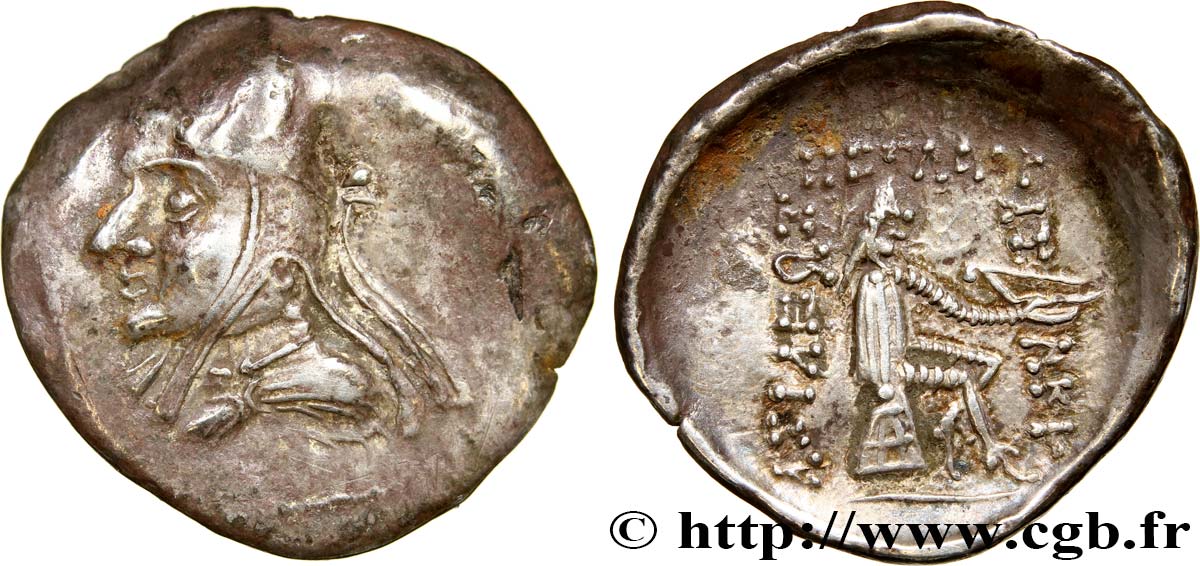
 Report a mistake
Report a mistake Print the page
Print the page Share my selection
Share my selection Ask a question
Ask a question Consign / sell
Consign / sell